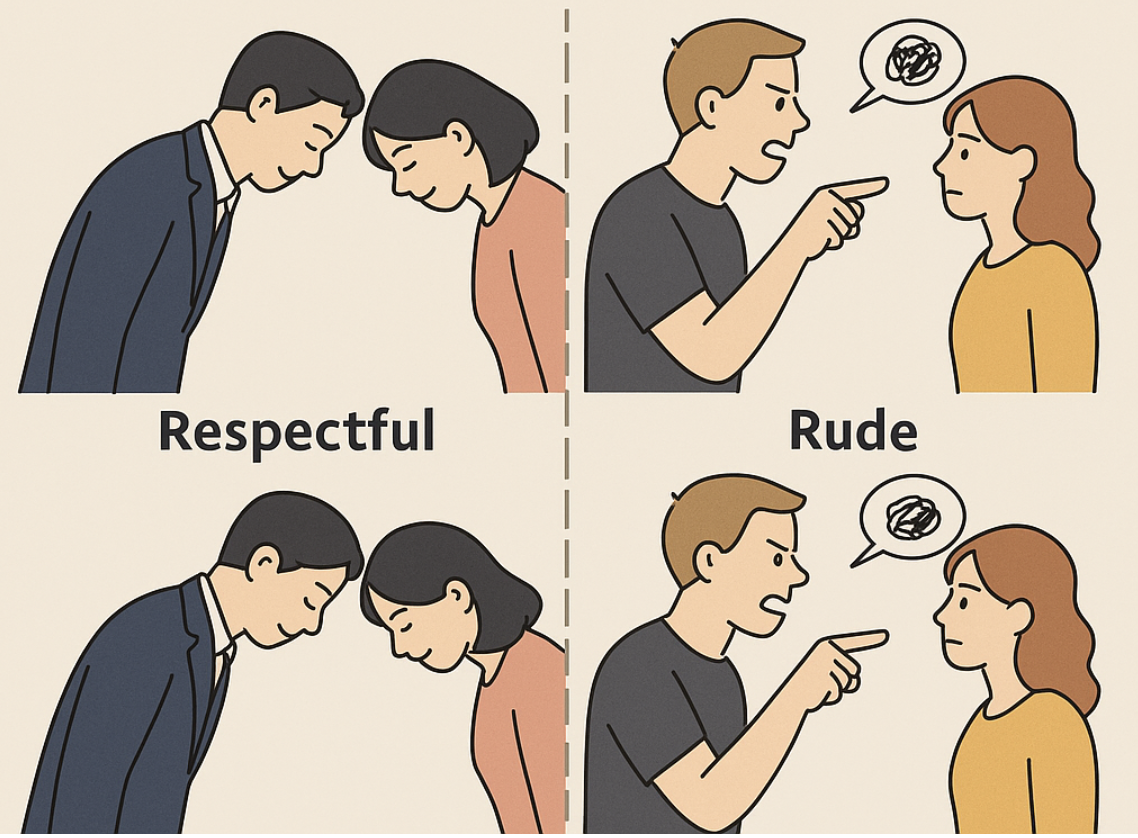
[ WISDOM AGORA / Chanseok Hwang ] The first thing that comes to attention after watching a video or reading a news article is the ‘comment section’. From discussions about current events to modern-day politics, the comment section has served as an interactive platform of its own, where ideas and beliefs are expressed. Besides that, more than ever, it now has an undeniable presence in the media and the online world at large.
The power of comments can be seen from South Korea’s digital platforms, one of the largest and most influential in the world. In fact, because of their widespread applications, the opinions shared in the comment sections are often perceived by people as the ‘view of the general public’. Yet, recently, a startling figure has shown that opinions and statements expressed in the comment sections of news media are polarizing in most instances and can be wholly misrepresentative of the general public.
According to <The Truth> and journalist team of the SBS network a, after analyzing 190,000,000 comments posted from 208,000 and 57,000 of the ‘most read’ articles on Korea’s largest news media portal, Naver and Daum respectively, analysts found that there had been approximately 1.36 million distinct users on Naver and 1.03 million users on Daum that had commented since January, 2020.
However, more surprisingly, among the millions of comments on Naver, 73% of them had been written by only 10% of the most active users: around 140,000 people. Similarly, Daum had observed the same trend where only 10%, or 100,000, of the users had posted 75% of the comments on the web portal.
Thus, across both platforms, a sheer 10% of the users had posted 70% of all the comments.
In other words, a great minority of internet users have been in the forefront, representing the ‘anonymous majority’ in the news media. Indeed, this 10% minority of Internet commenters only adds up to 0.3% of the total South Korean population over 10 years of age.
While views shared in the comment sections are often used to bolster political statements and public opinion, to a great degree, it is now clear that the ‘internet or anonymous’ majority can be different from what reality presents, and that it should no longer serve as a reference point in place of the general public’s opinion.
Moreover, occasionally, comment sections may promote polarizing views on a range of issues; therefore, especially in a time where face-to-face interaction is restricted, it is important that news platform users are not always swayed solely on what the online majority remarks.
< 댓글은 대중을 대표합니까? >
[ 위즈덤 아고라 / 황찬석 기자 ] 동영상을 보거나 뉴스 기사를 읽고 가장 먼저 주목하는 곳은 ‘댓글 섹션’이다. 시사, 토론부터 현대 정치에 이르기까지 댓글은 다양한 사람들의 아이디어와 신념이 표현되는 자체 플랫폼 역할을 해왔다. 게다가 그 어느 때보다도 현재 언론은 온라인 세계에서 부인할 수 없는 영향력을 가지고 있다.
댓글의 힘은 세계에서 가장 크고 영향력 있는 한국의 디지털 플랫폼에서 볼 수 있다. 포털의 영향력 때문에 댓글은 종종 사람들에 의해 ‘일반 대중의 시각’으로 인식된다. 그러나 뉴스 미디어의 댓글에서 표현된 의견과 진술은 대부분 양극화되고 있으며, 일반 대중의 의견을 완전히 잘못 나타낼 수 있다.
SBS <사실은 팀>과 데이터 저널리즘 팀이 분석한 자료에 따르면, 국내 최대 뉴스 미디어 포털인 네이버와 다음에서 각각 20만 8000건과 5만 7000건의 ‘가장 많이 읽은’ 기사 중 1억 9000만 건의 댓글을 분석한 결과, 네이버의 댓글 작성 ID는 136만 개, 다음은 103만 개였다.
다만, 더 놀라운 것은 네이버에 올라온 수백만 건의 댓글 중 73%가 상위 10%인 14만 명 정도가 작성한 것이었다. 다음도 10%인 10만 명의 사용자만이 75%의 댓글을 달았던 것으로 밝혀졌다.
따라서, 두 플랫폼 모두에서 전체 사용자의 10%가 전체 의견의 70%를 작성했다.
즉, 뉴스 매체에서 소수의 인터넷 사용자들의 의견이 다수의 의견인 것처럼 보이는 것이다. 실제로, 댓글을 다는 사람들은 10세 이상 한국 전체 인구의 0.3%에 불과했다.
기사의 댓글은 종종 정치적 발언과 여론을 강화하는데 사용되지만, 이제는 인터넷상의 다수가 현실과 다를 수 있으며, 더 이상 일반 대중의 의견을 대신하는 기준점이 되어서는 안 된다는 것이 명백해졌다.
더욱이, 댓글은 다양한 이슈에 대한 양극화 견해를 촉진할 수 있다. 따라서, 특히 대면활동이 제한되는 시기에, 뉴스 플랫폼 사용자들이 댓글에서 보이는 다수 의견에 흔들리지 않는 것이 중요하다.





